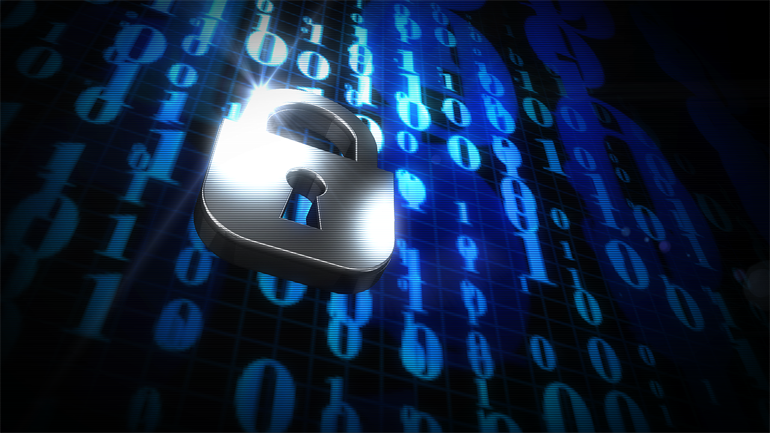 The technology industry is continuing to evolve quickly, particularly in the areas of security and Internet of Things (IoT). For companies, this development is both inspiring and adamant.
The technology industry is continuing to evolve quickly, particularly in the areas of security and Internet of Things (IoT). For companies, this development is both inspiring and adamant.
Here are the developments they specifically have to expect in order to keep up with the competition:
Password authentication will become obsolete
With the advancement of IoT, the simple password authentication will increasingly become obsolete, since it will no longer be able to meet the growing security requirements. In the future, it won’t be sufficient to determine the security risk only at the time when someone knocks on the door - so to speak. Many successful data thefts in the recent past have already shown the weaknesses of this approach to security.
Particularly momentous is that it hits users who always use the same password combination for accounts with multiple providers. It means for the hacker that a single attack is enough - as he were equipped with a universal key – to access all of the accounts of the user.
Considering the IoT - where the user is linked to a variety of devices, services and applications - security solutions are needed that check the user's authenticity continuously. That includes a contextual identity verification, adaptable risk assessments and multi-factor authentication - both when accessing and during the whole time of the user session.
“Chip-to-cloud” or “device-to-cloud” backup will be the new normal
With the progress of enterprise technologies, the chain of data that must be protected against hacker attacks also grows. Since most data chains nowadays cover the entire spectrum of chip, device, network and cloud, as well as all stages in between, it is not effective to protect the individual components separately.
That’s why "chip-to-cloud" security strategies will increasingly be used, starting at the level of the circuit board and seamlessly extending into the cloud. Hackers will get no chance to take over the identity of unsecured objects and compromise the entire data chain from a single access point anymore.
User-managed access (UMA) will establish itself as standard
More and more users want to use services that make their life easier - but not at the expense of privacy and security. Hence, the user administration should comply with the applicable data protection regulations and, if necessary, be quickly adaptable to a changed legal situation.
For companies it means to succeed both in offering customers products with a real added value and in building trust by providing high safety standards.
That’s why the approach of User-Managed Access (UMA) is expected to establish itself as a standard. It simply allows end users to decide on their own data and provides companies that offer these services with competitive advantages. UMA allows millions of users to manage all permissions and access rights on their own.
By Daniela La Marca


